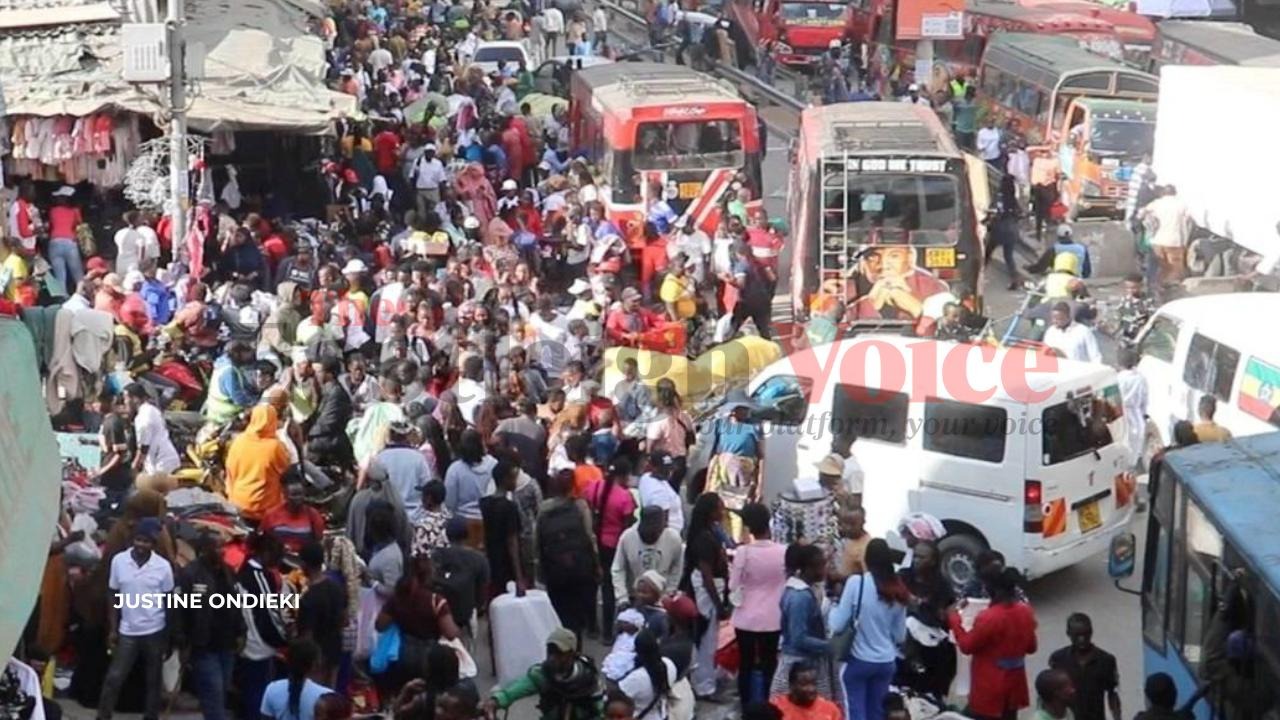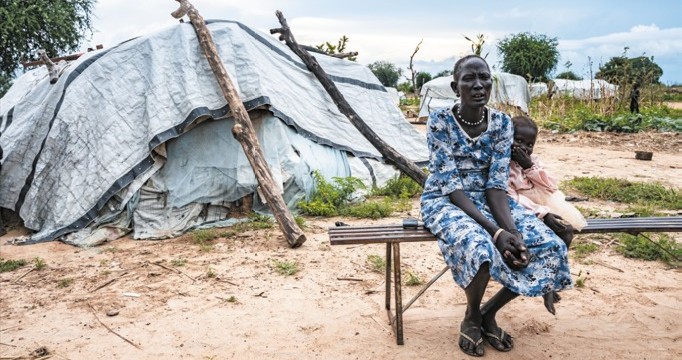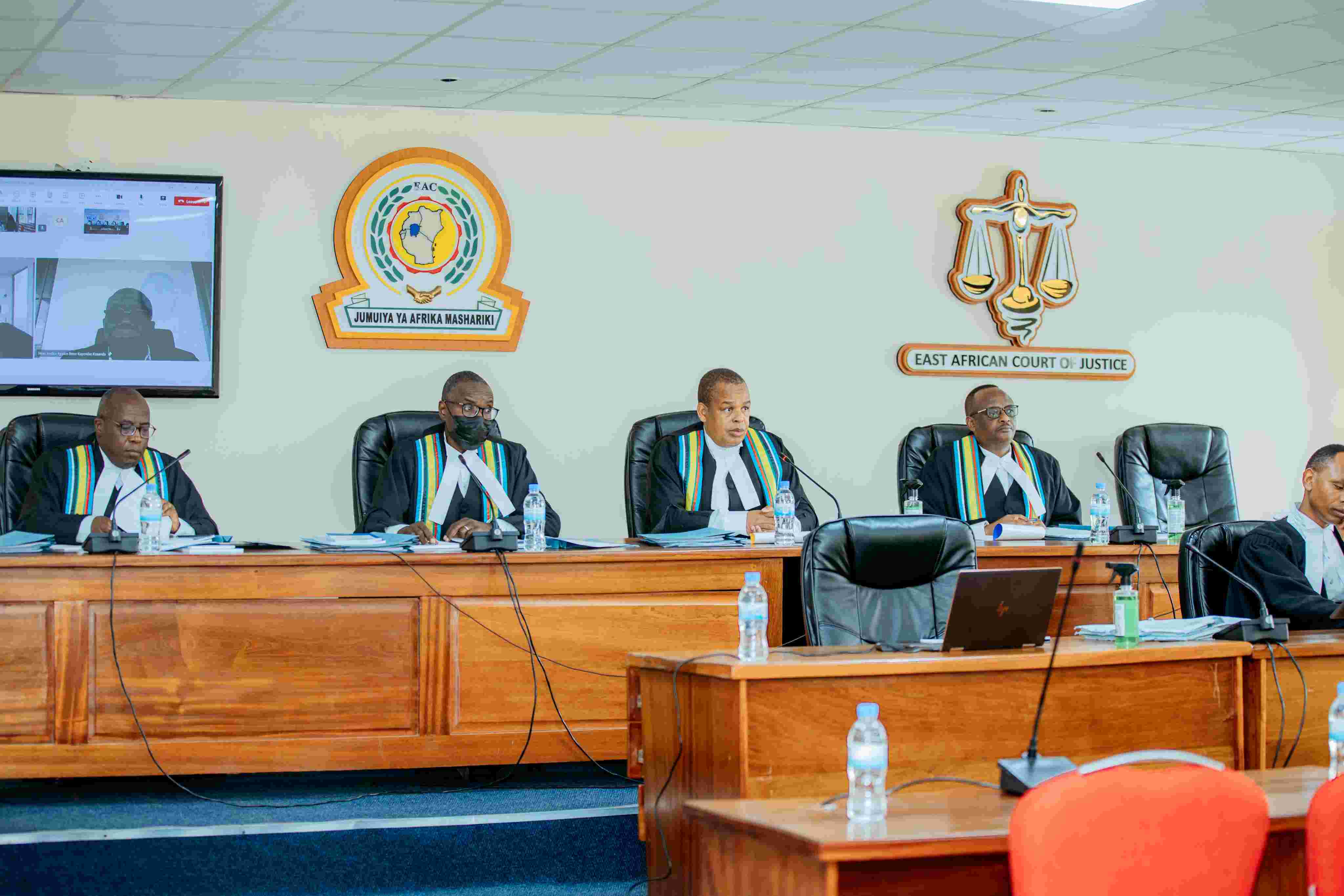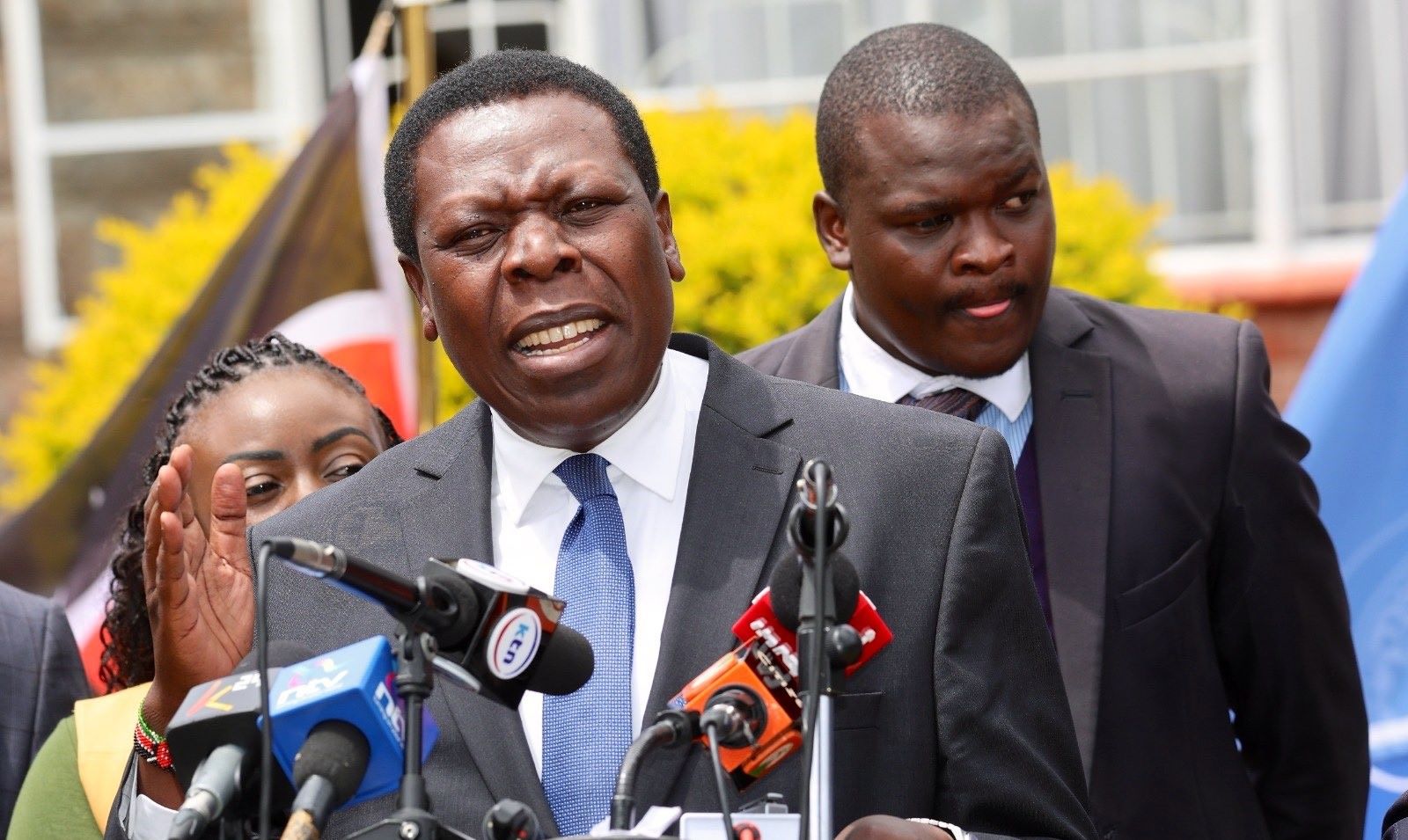Students impacted as Helb and school feeding programmes face budget cuts
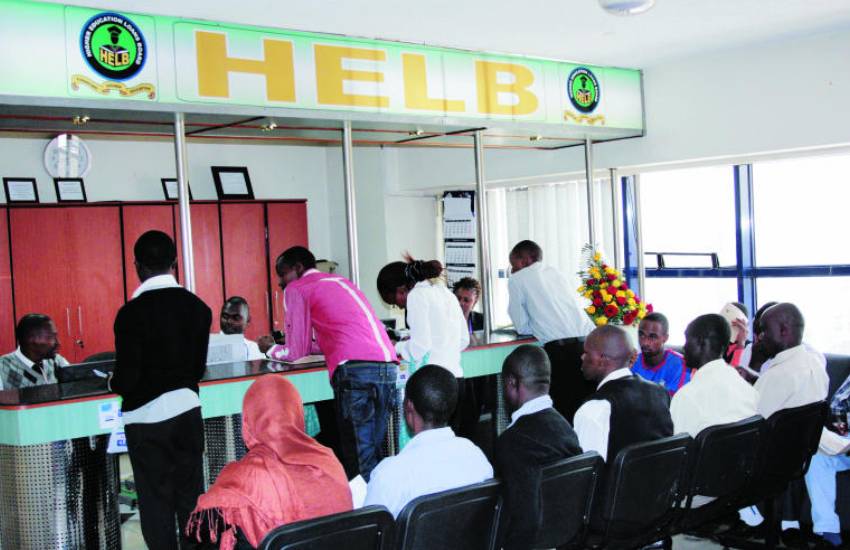
Helb has suffered the most significant drop, with its budget reduced by Sh3.2 billion from the initial allocation of Sh35.9 billion.
The education sector is facing a huge setback after the Treasury proposed considerable budget cuts for Fiscal Year 2024-25.
The affected areas include the Higher Education Loans Board (HELB), the school feeding programme, university infrastructure projects, and several others.
More To Read
- Government commits Sh27 billion to upgrade TVET institutions nationwide
- From detention to global recognition: Rose Njeri named in 2025 Time100 Next list
- Senators demand reopening of HELB portal to allow more students to apply
- WFP: Sub-Saharan Africa leads global growth in school feeding programmes
- How protests over Finance Bill hurt Nairobi’s daily revenue collections
- Universities directed to update student portals amid frustration over HELB delays
Treasury Cabinet Secretary Njuguna Ndung’u explained that these cuts are part of an effort to address the country's Sh200 billion deficit. This move follows the decision by Kenya Kwanza Members of Parliament to eliminate certain tax proposals from the controversial Finance Bill, 2024.
“The new measures are necessary to manage the deficit,” Ndung’u stated in a letter to the clerk of the National Assembly dated June 19.
Helb has suffered the most significant drop, with its budget reduced by Sh3.2 billion from the initial allocation of Sh35.9 billion.
The school feeding programme initially set at Sh3 billion, will see a reduction of Sh1.8 billion.
Funding for infrastructure in primary and secondary schools has been cut by Sh1.6 billion, down from an allocation of Sh3.2 billion.
Ongoing projects for Technical and Vocational Education and Training (TVET) institutions and Technical Training Institutes (TTIs), initially allocated Sh2.3 billion, will be reduced by Sh800 million.
Other reductions include Sh2.1 billion from the Differentiated Unit Cost model in universities, Sh3 billion from university infrastructure projects, and Sh1.8 billion from sports academies.
The significant budget cuts, especially for Helb, have caused an uproar among Kenyans, with most arguing that better financial management and eradicating corruption could eliminate the need for such drastic measures.
“If education was free, no one would need Helb. A lot of wastage in the government would cater for education up to the tertiary level,” Ngethe said.
“Too much useless spending on parliament and renovation of homes that are used as glorified Airbnb. Cut budgets on those and not Helb,” Martin added.
“No school fees, no Helb, food prices hiked, transport hiked, no quality healthcare, e-citizen is porous, high and unreasonable taxation on employed Kenyans and businesses, investors running away due to taxation hence unemployment,” Elisha Mkoli said.
Kenyans have now taken to the streets to demonstrate against the Finance Bill which proposes tax increments in various sectors.
Members of the National Assembly are expected to vote on the report of the Finance Bill, 2024 on Thursday afternoon after several contentious proposals opposed by Kenyans were dropped.
Members allied to President William Ruto lauded the move to drop some proposed taxes, while the opposition termed it as playing games to hoodwink Kenyans.
Top Stories Today
Reader Comments
Trending





